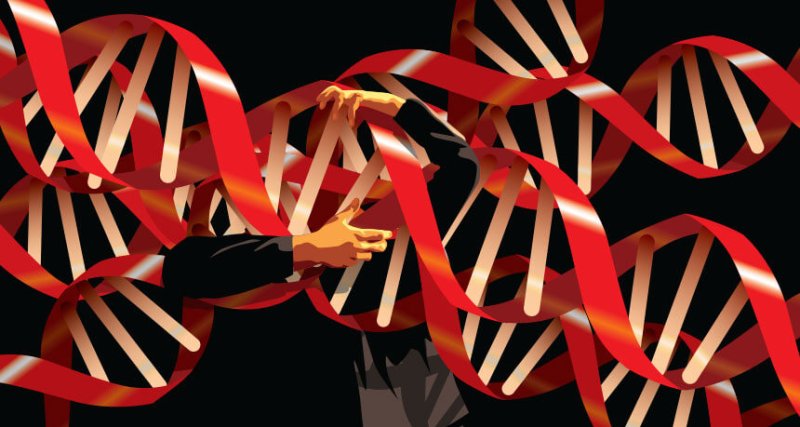Consumer DNA testing kits like those from 23andMe, Ancestry.com and MyHeritage promise a road map to your genealogy and, in some cases, information about what diseases you’re most susceptible to. … Here’s how to protect and delete your data if you use any of these services.
…
In 2017, [a team led by Dr. James Hazel, a postdoctoral fellow at the Center for Genetic Privacy and Identity in Community Settings] studied 90 DNA testing companies and found most of their privacy policies wanting. … A few of the larger companies may have acceptable policies, but Dr. Hazel said you probably shouldn’t trust smaller testing companies that you haven’t heard of.
…
[O]nce you’ve picked a DNA test to try, there are a few things to watch out for. DNA testing companies tend to ask a lot of questions that may strike you as boring, but if you want to protect your data, you’ll want to read them all carefully.…
[S]ince the United States government requires these companies to retain DNA information in order to comply with quality control guidelines, it’s never really possible to delete it forever. …always make sure you know what you’re agreeing to and that you’re comfortable signing that permission away.Read full, original post: How to Protect Your DNA Data Before and After Taking an at-Home Test































